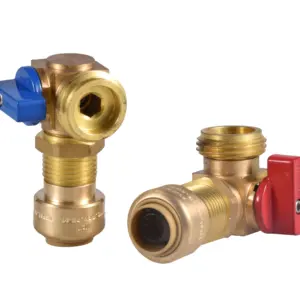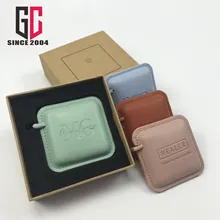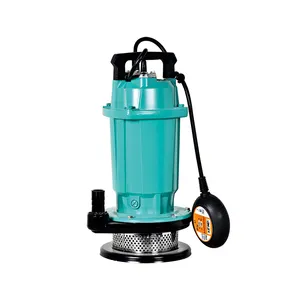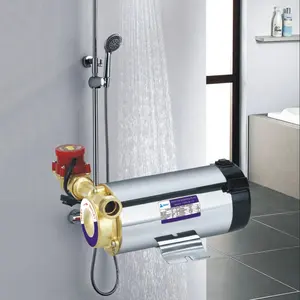
In multi-story buildings, the need for consistent water pressure across all floors is paramount. Bathroom pressure pumps, or booster systems, are engineered to enhance the incoming municipal water pressure to adequately serve higher levels. Modern booster systems are sophisticated, integrating multi-stage pumps and variable frequency drive-controlled motors. These systems are designed to adjust pump speed and the number of pumps in operation based on the changing demand, ensuring minimal output necessary for optimal performance without the need for direct human intervention.
To understand bathroom pressure pumps, it's essential to grasp the concept of 'head' and how it influences pump sizing. The 'head' is the measure of pressure required by an application, calculated by considering the static head (the elevation the water needs to be moved vertically), the friction head (resistance to flow within the pipes), and the residual pressure (the pressure required at the furthest point of use). These factors collectively determine the total dynamic head (TDH), which is crucial for selecting the appropriate pump capacity for a building's needs.
The process of sizing involves calculating the flow rate based on the total number of fixtures and their usage patterns, which is then used to determine the required pump size. For instance, in a typical commercial setting, the flow rate can be calculated using fixture unit values from established references, and then translating these into the overall flow rate required for the application. This calculated flow rate, along with the total dynamic head, guides the selection of a pressure pump that can handle the specific demands of a building.














































 浙公网安备 33010002000092号
浙公网安备 33010002000092号 浙B2-20120091-4
浙B2-20120091-4